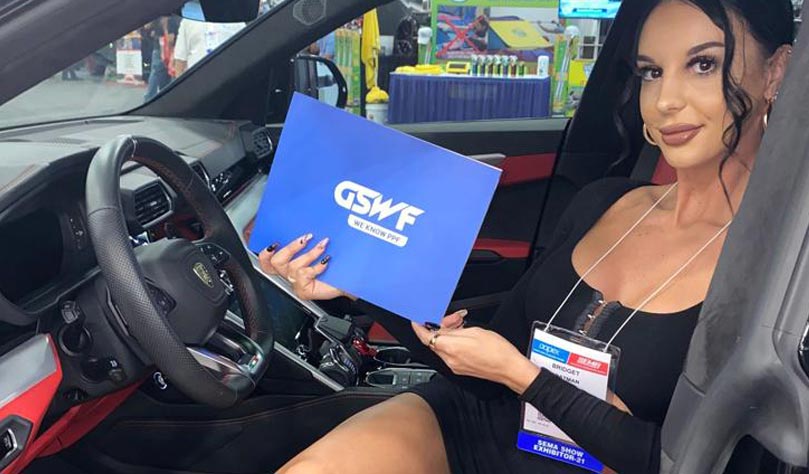How to Model for Brands: A Beginner’s Guide by admin
Breaking into brand modeling can seem daunting, but with the right approach and preparation, it’s an achievable goal for aspiring models. Whether you’re interested in fashion, commercial, or lifestyle modeling, understanding how to effectively work with brands is essential for building a successful career.
From creating a standout portfolio to connecting with the right agencies, this guide will walk you through the key steps to start modeling for brands today.
How to Model for Brands: A Complete Guide
Looking to break into brand modeling? This comprehensive guide will walk you through everything you need to know about modeling for brands, from getting started to maintaining a successful career.
Understanding Brand Model Requirements
Before diving into brand modeling, it’s essential to understand what brands seek in models. According to Backstage Magazine, “To get hired by top brands, you’ll need a professional portfolio that showcases your best features.”
Key requirements include:
- Height requirements
- Healthy physique
- Professional demeanor
- Strong communication skills
- Reliable and punctual nature
Creating Your Professional Portfolio
Essential Portfolio Elements
- High-quality headshots
- Full-body shots
- Various poses and expressions
- Digital and physical portfolio options
- Professional styling
Working with Modeling Agencies
Finding the Right Agency
StarNow Magazine notes, “Researching reputable agencies is crucial as it ensures you’re working with legitimate professionals who can help advance your career.”
Steps to agency representation:
- Research legitimate agencies
- Submit portfolio materials
- Attend agency open calls
- Review contracts carefully
- Understand commission structures
Preparing for Auditions and Castings
Audition Success Tips
- Research the brand beforehand
- Dress appropriately
- Arrive early
- Bring updated portfolio
- Maintain professional attitude
Industry Networking
Building Professional Connections
- Attend industry events
- Maintain active social media presence
- Connect with other models
- Join professional organizations
- Follow industry trends
Direct Brand Collaboration
Approaching Brands Independently
- Research brand aesthetics
- Prepare professional pitch
- Follow submission guidelines
- Negotiate fair rates
- Maintain professional communication
Maintaining Career Longevity
Success Strategies
- Stay physically fit
- Continue education
- Manage finances wisely
- Build diverse portfolio
- Maintain professional relationships
Frequently Asked Questions
Q: What is the average height requirement for fashion models?
A: Typically 5’8″ to 6’2″, though requirements vary by market and brand.
Q: Do I need an agency to model for brands?
A: While not mandatory, agency representation often provides better opportunities and industry connections.
Q: How often should I update my portfolio?
A: Update your portfolio every 6-12 months or whenever your look significantly changes.
Conclusion
Success in brand modeling requires dedication, professionalism, and continuous development. For professional representation and guidance in your modeling career, consider partnering with Blink Model Management.
Ready to start your modeling career? Contact Blink Model Management for professional representation and guidance in the fashion industry.
